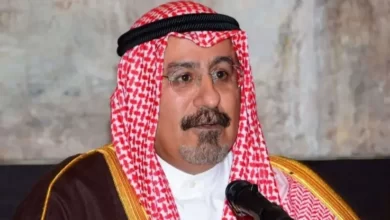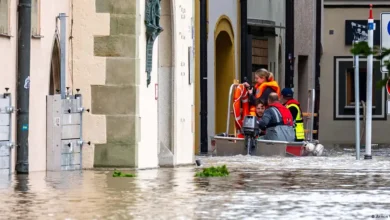
By Michelle Bachelet, The Guardian.
There’s a disconnect between citizens and leaders. Tackling that will need measures such as truly including women in politics.
This has been a historic electoral year, with more than 1.6 billion citizens called to cast their votes in 2024. In more than 70 countries, people have decided the political path of their nations. Yet we end this cycle with the sense that democracy is more threatened than ever.
There is an undeniable disconnect between citizens and their leaders. The scepticism and lack of trust should not surprise us. We are not leaving an easy world behind, especially for younger generations. Climate breakdown, the lack of economic opportunities, social injustice, the global housing crisis – these challenges have steadily eroded the democratic ideal. As a result, our societies are facing a wave of distrust in democratic institutions, particularly among younger citizens.
This scenario highlights a fundamental issue many governments face: is it possible that representative democracy has stopped representing us?
There is one area where the numbers speak for themselves, and the message isn’t a positive one. Globally, less than 30% of parliamentary seats are held by women, and fewer than 30 countries are led by women. While these figures are better than in previous years, they still reflect a chronic problem; at this pace, it would take us roughly 130 years to achieve gender equality.
To put this into perspective, a plastic bag takes about 100 years to decompose. If we were to use one today, it would vanish from this planet before democracies achieve gender parity. Gender isn’t the only example of the disconnect between politics and people, but it is a particularly stark one: how can our system of representation neglect half of the people it is meant to represent?
Leaders must ensure that institutions accurately reflect the societies they aim to serve. An unprecedented example of gender parity in representation was Chile’s constitutional convention in 2022, where half of the delegates were women. This milestone positioned the country as a global leader in gender equality. Although the proposed constitution was rejected, the process demonstrated that democracies can advance toward inclusion. It also underscored the need for democratic dialogue beyond electoral cycles.
We share a collective responsibility to convey to future generations the immense power they can have to drive change. Public representatives must understand the weight of their responsibility, while citizens should embrace their role as custodians of democratic institutions, recognising that true democracy extends far beyond casting a vote every few years.
Despite all its imperfections and the progress still to be made, we must remain grateful to democracy for the peace and advancement it has brought to the world. We may not always agree with the outcomes of elections, but we must respect them and teach younger generations that, even in times of uncertainty or challenge, democracy has brought more societal progress than any other system of government in history.
Initiatives like Thank You Democracy, by the Global Democracy Coalition, are crucial to ensuring that democracy’s achievements are not forgotten – from universal female suffrage to marriage equality. Much remains to be done, and we bear the responsibility to protect democracy as one of our most precious assets – and to treat it fairly.
This year of elections leaves us with many lessons. Some people are filled with hope, while others are disheartened. Personally, I close off this year more convinced than ever that we must act to build a democracy fit for the future – one where citizens are once again at the heart of the discussion, where they should have always been.





